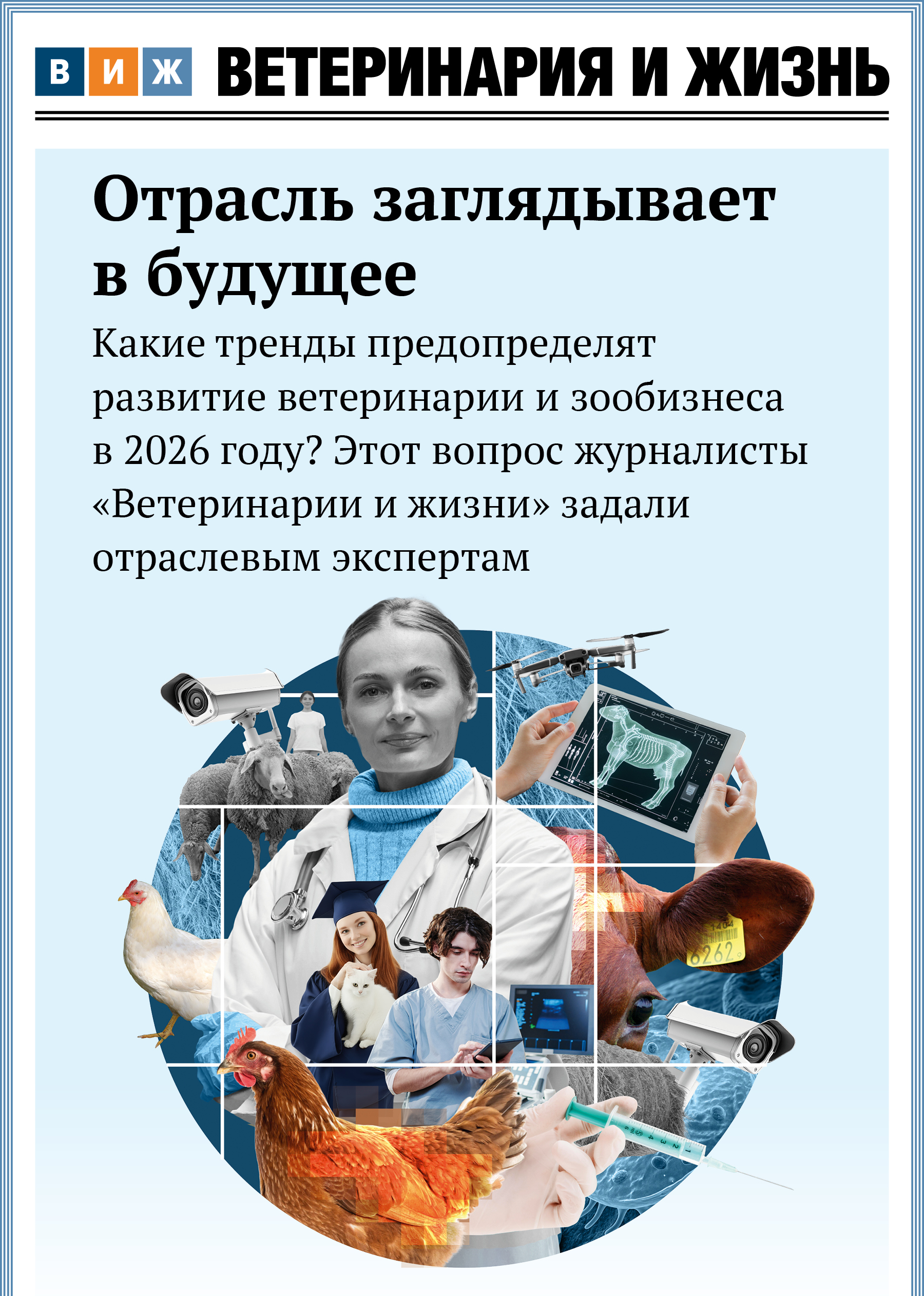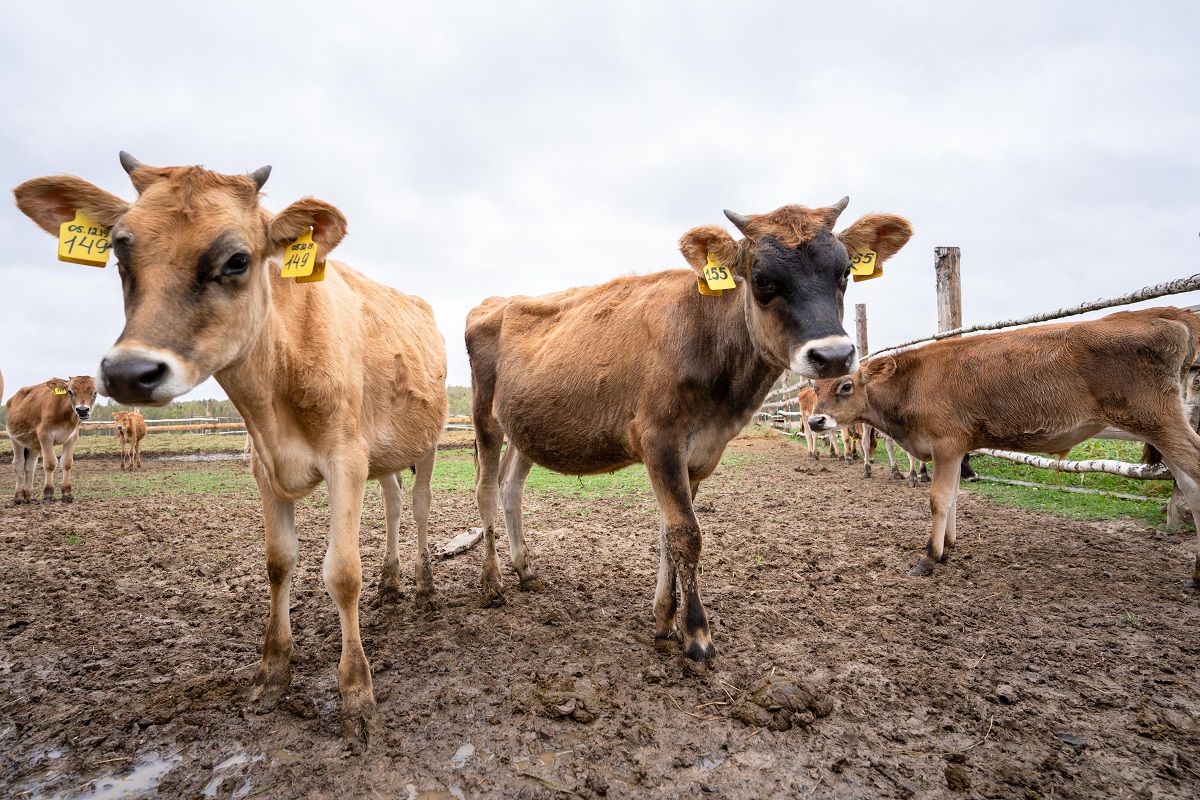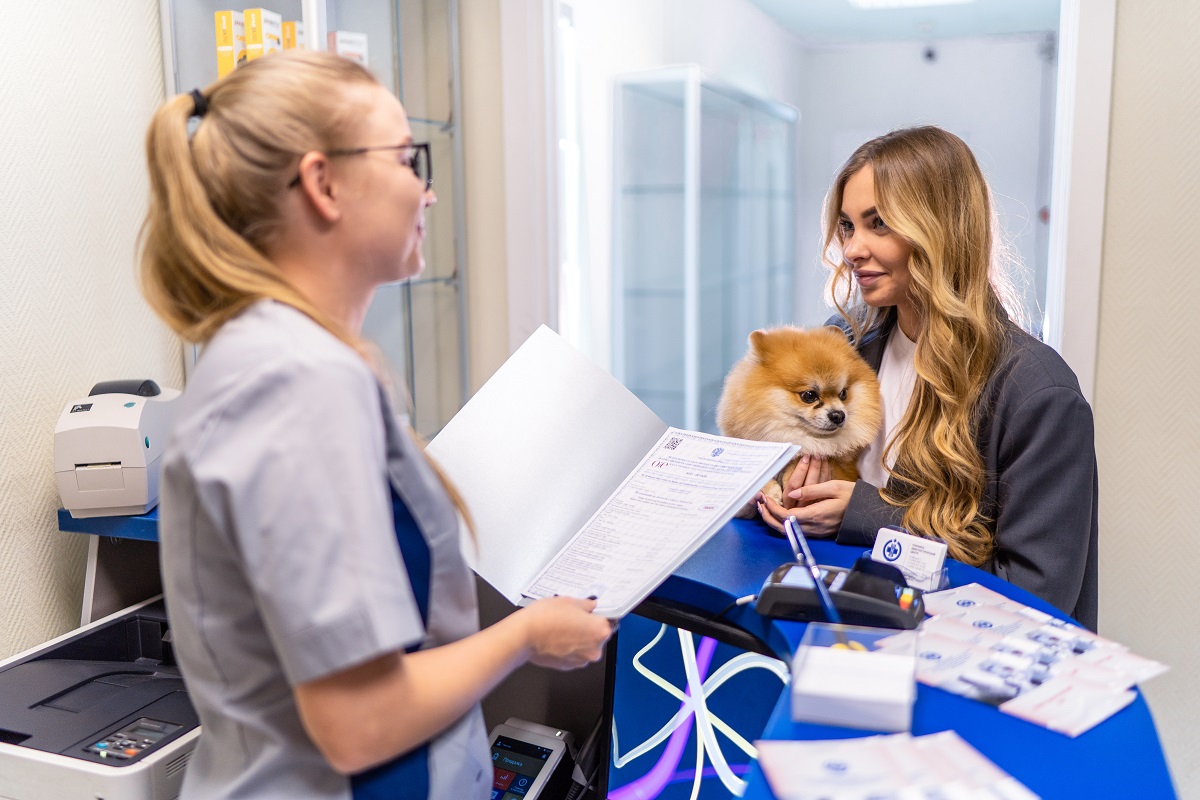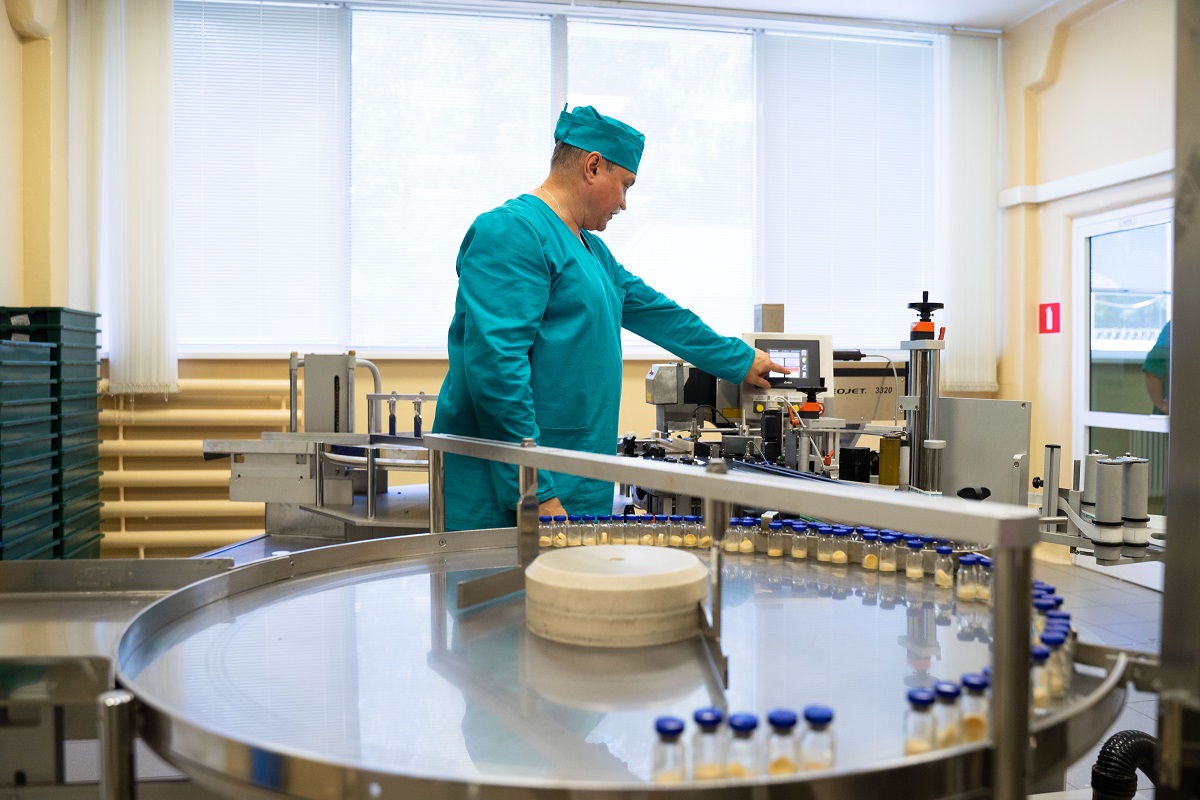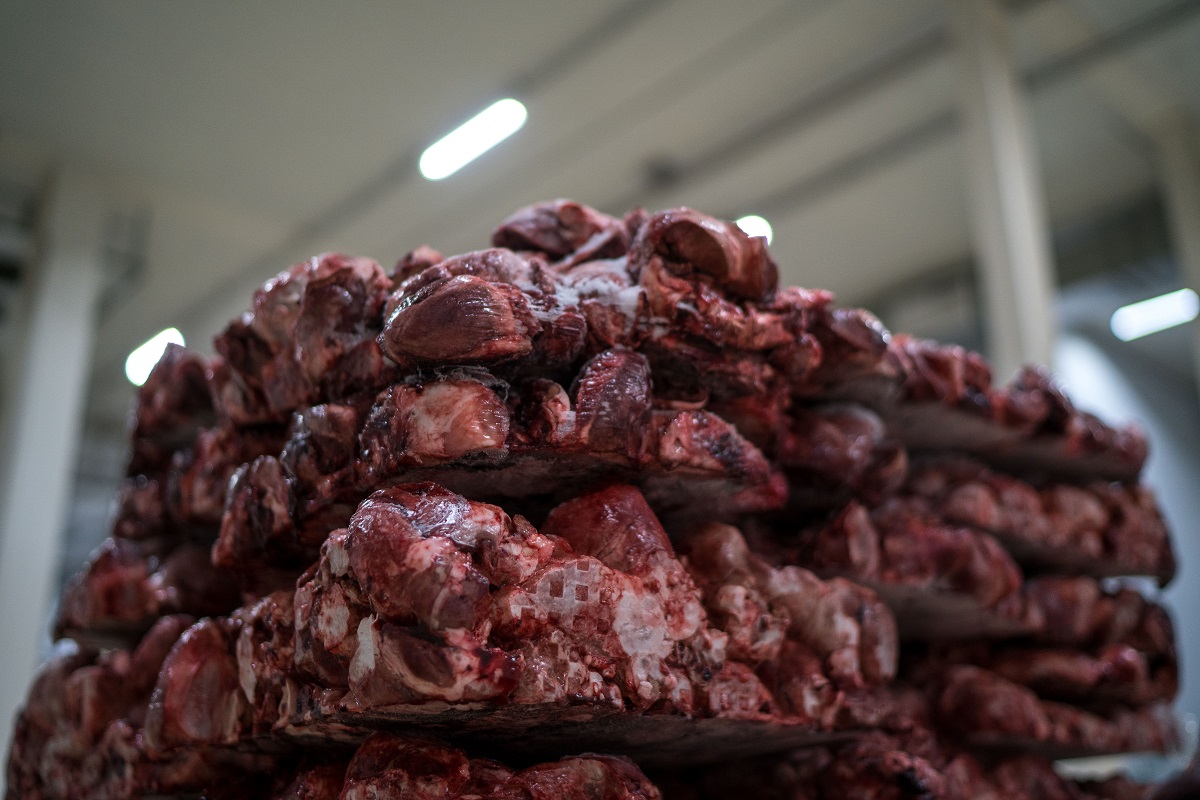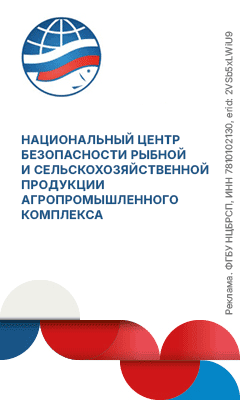The new bill aims to provide a solution to the legal uncertainty in recognizing livestock manure from pig and poultry farms as waste.
“Under current legislation on industrial and consumer waste, the manufacturers of agri goods must apply for a waste passport, waste management license, undergo the state environmental impact assessment, obtain permits for waste production, and report any exceedances of limit established by the permit. Even though the manufacturers have complied with all necessary requirements, manure and litter will still be classified as waste, and its introduction into the soil can be regarded as disposal of waste to a non-permitted disposal site for which the Russian legislation will impose appropriate sanctions,” the explanatory note reads.
“According to the Ministry of Natural Resources and Environment and the Ministry of Agriculture, enterprises that produce mineral fertilizers from manure do not need a license and are not required to pay tax on environmental harm. However, the Rosprirodnadzor does not recognize these explanations and interprets them in its own way, classifying manure as waste. This completely disrupts the industry. The last outrageous case as an example. The Rosprirodnadzor’s office in the Stavropolski Krai filed a 7.5 billion rubles lawsuit against one of our best enterprises with annual turnover of 5 billion,” Yuri Kovalev, the General Director of the National Pig Union previously told to Veterinary Medicine and Life.
The new bill is seeking to specifically regulate the livestock waste management.
In particular, the new definitions have been introduced - "livestock waste" and “processes relating to livestock waste usage to improve soil fertility.”
The draft bill also sets out protection of ownership right to the livestock waste.
According to experts, in Russia, the waste from livestock sector totals around 180 million tons per year. More than 60% of pig and poultry farms completely turn livestock manure into organic fertilizers, the draft bill explains.


